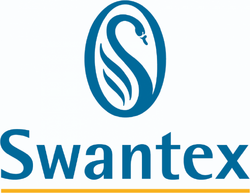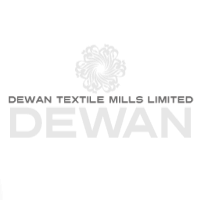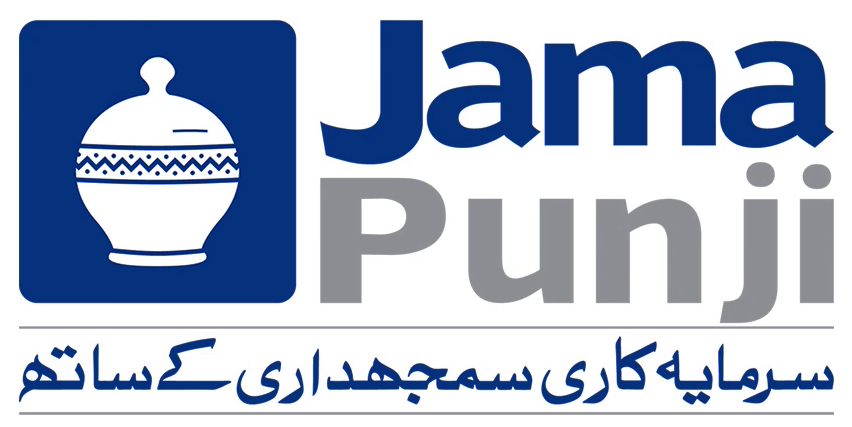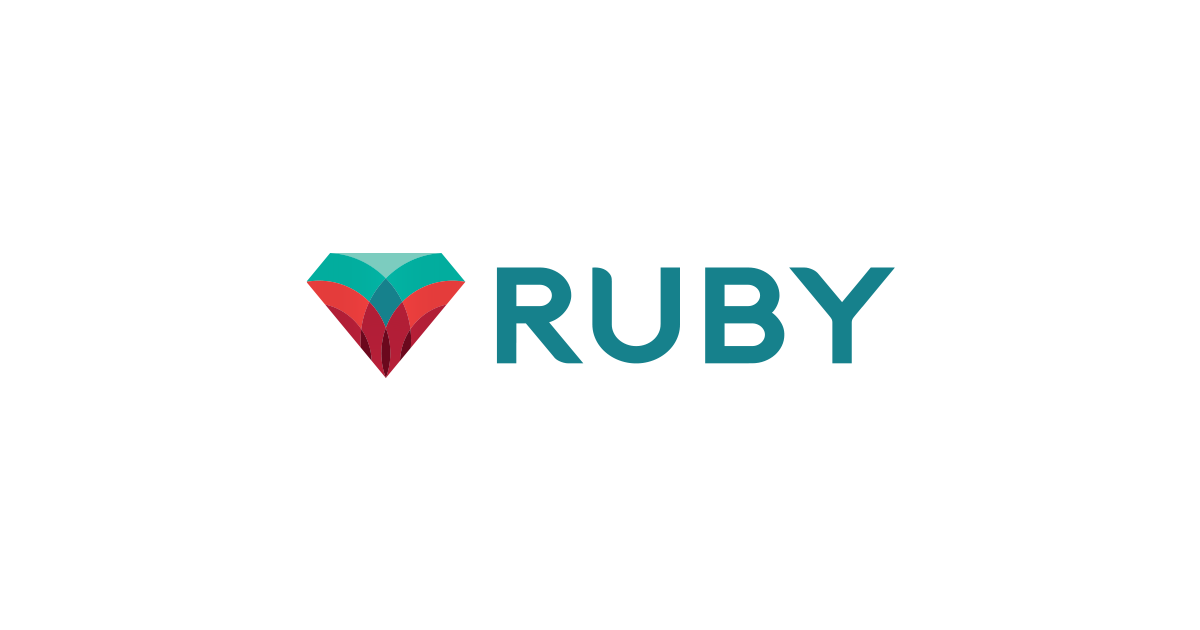Company Directory - National Council of Textile Organizations
Company Details - National Council of Textile Organizations

National Council of Textile Organizations
WebsiteUnited States
The National Council of Textile Organizations (NCTO) is a trade association that aims to advocate for the U.S. textile and apparel industry. It works on policy issues, promoting the U.S. textile sector's interests through legislative advocacy, education, and industry collaboration.
CCI Score
CCI Score: National Council of Textile Organizations
28.10
-0.15%
Latest Event
NCTO Endorsed in Trump's Tariff Policy
On April 8, 2025, the White House highlighted the National Council of Textile Organizations as a supporter of Trump's new global tariff policy, linking the trade association with nationalist, protectionist measures.
Take Action
So what can you do? Support NCTO by shopping, spreading the word, or offering your support.
- Shop Alternatives
SEE ALL - Use Your Voice
OTHER TOOLS - Investigate
- Share the Score
SUPPORT CCI
DISSENTER
National Council of Textile Organizations is currently rated as a Dissenter.
Latest Events
 APR082025
APR082025On April 8, 2025, the White House highlighted the National Council of Textile Organizations as a supporter of Trump's new global tariff policy, linking the trade association with nationalist, protectionist measures.
 MAR042025
MAR042025On March 4, 2025, the National Council of Textile Organizations (NCTO) issued a statement urging the Trump administration to close the de minimis loophole and impose stricter tariff measures. The statement, led by President and CEO Kim Glas, argued that current trade policies undermine domestic manufacturing by allowing unethical imports and destabilizing a critical coproduction chain with U.S. trade partners.
+20
Public and Political Behavior
April 8
NCTO’s public advocacy to reform trade policies by closing the de minimis loophole and supporting targeted tariffs represents an effort to protect domestic jobs and counter unethical foreign supply practices. While the statement expresses willingness to work with the Trump administration, its focus on preserving U.S. textile manufacturing and critiquing loopholes that facilitate illicit activities aligns with pro-worker and anti-authoritarian principles.
NCTO calls on administration to close de minimis loophole, expresses concerns over tariffs
 DEC102024
DEC102024On December 10, 2024, NCTO President and CEO Kim Glas issued a statement in response to the Biden administration’s launch of a Section 301 investigation into Nicaragua’s human rights, labor rights, and rule of law practices. The statement condemns the authoritarian actions of Nicaragua's leadership while urging that any punitive measures be carefully designed to avoid harming the textile supply chain and working people.
+50
Executive Political Engagement
April 8
The statement, issued by NCTO’s CEO, represents a strong example of executive political engagement. It condemns the repressive practices of Nicaragua’s government while advocating for a calibrated policy response that prioritizes human rights and labor protections, aligning with progressive, anti-authoritarian values.
+30
Economic and Structural Influence
April 8
The statement underscores the critical economic and structural role of the textile supply chain by warning that excessive punitive measures—such as tariffs—could destabilize the interconnected market and inadvertently benefit authoritarian competitors. This economic perspective promotes protecting workers and maintaining economic stability.
 JUL262024
JUL262024On July 26, 2024, NCTO President and CEO Kim Glas issued a statement welcoming the bipartisan 'Protecting American Industry and Labor from International Trade Crimes Act'. The bill is designed to combat trade fraud, including the importation of products made with forced labor, and to provide the Department of Justice with a dedicated structure to aggressively prosecute international trade crimes that have led to textile plant closures and significant job losses.
+60
Public and Political Behavior
April 8
The statement reflects proactive political engagement by supporting bipartisan efforts to counter trade crimes that harm domestic industries and undermine labor rights, signaling a commitment to holding bad actors accountable and protecting marginalized workers.
+50
Labor Relations and Human Rights Practices
April 8
By endorsing legislation aimed at curbing trade fraud and forced labor, NCTO is advocating for stronger labor protections and ethical practices within the textile and apparel supply chain, which supports the interests of workers and counters practices that harm marginalized communities.
 OCT202023
OCT202023On October 20, 2023, NCTO president and CEO Kim Glas testified before Congress outlining four decisive steps aimed at strengthening enforcement of the Uyghur Forced Labor Prevention Act and closing the de minimis loophole, measures designed to protect U.S. manufacturers and prevent forced labor in the fashion supply chain.
+80
Executive Political Engagement
April 8
NCTO’s president and CEO delivered testimony before Congress advocating for enhanced enforcement of UFLPA and closing the de minimis loophole. This public political engagement is a strong anti-forced labor stance that supports labor rights and signals resistance to policies that indirectly support exploitative practices.
NCTO outlines steps to tackle forced labour in fashion supply chain
+75
Supply Chain Ethics
April 8
The proposed measures directly target supply chain vulnerabilities by calling for aggressive oversight and enforcement to eliminate forced labor practices. By recommending to close regulatory loopholes and increase penalties, NCTO is taking a proactive stance to improve ethical sourcing and protect workers’ rights.
NCTO outlines steps to tackle forced labour in fashion supply chain
 DEC102020
DEC102020NCTO President and CEO Kim Glas issued a statement on December 10, addressing the Biden administration's initiation of a Section 301 investigation into Nicaragua's practices related to human rights, labor rights, and rule of law.
+50
Executive Political Engagement
April 8
NCTO's CEO publicly engaged by issuing a statement which supports accountability measures through the Biden administration's investigation of Nicaragua's practices concerning human rights and labor rights. This action is interpreted as a supportive stance towards anti-authoritarian oversight and safeguards, aligning with progressive, anti-fascist principles.
NCTO issues statement on Section 301 investigation into Nicaragua’s acts, policies, practices
Alternatives

Leicester, United Kingdom
-56.53

Corporation
-30.84

Vietnam
52.85

Pakistan
-26.73

Jaranwala, Pakistan
-36.54

Corporation
0.00

Corporation
-13.94
New York City, United States
83.63

San Francisco, United States
79.29

Washington, D.C., United States
69.97
Industries
- 313210
- Broadwoven Fabric Mills
- 313220
- Narrow Fabric Mills and Schiffli Machine Embroidery
- 314110
- Carpet and Rug Mills
- 813920
- Professional Organizations